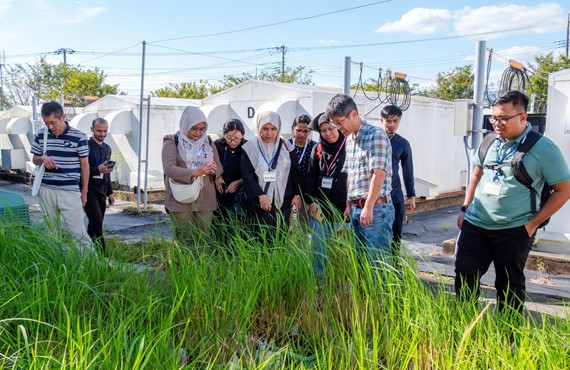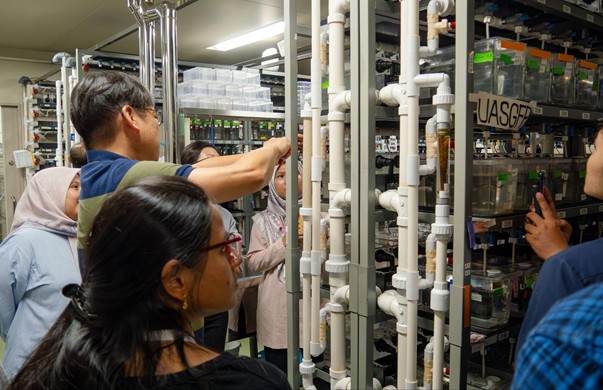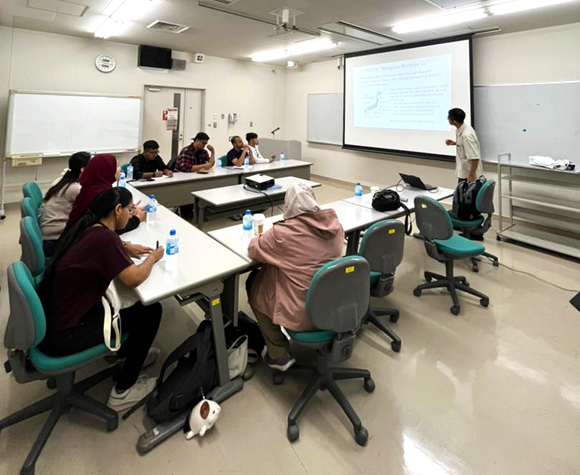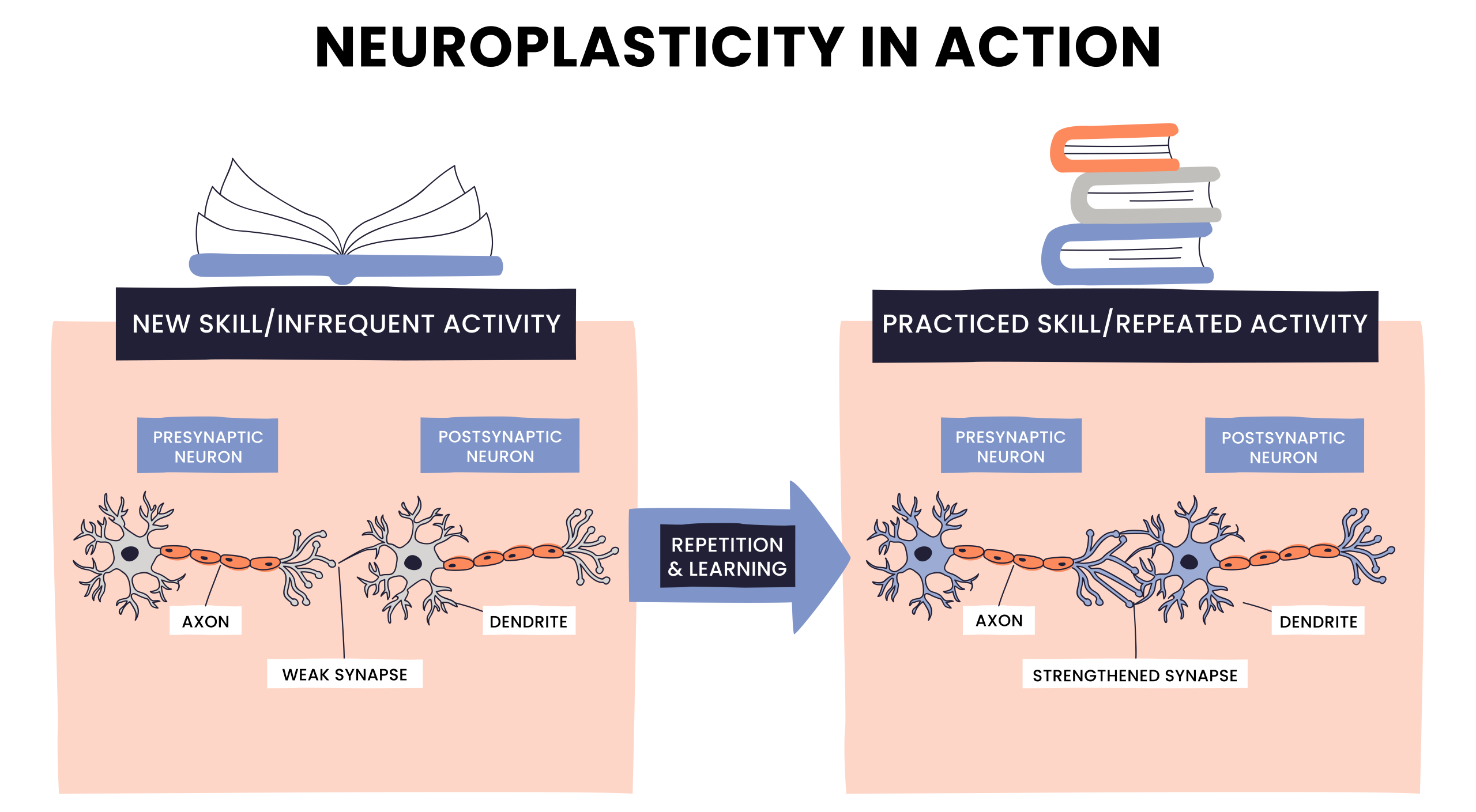Six graduate students and their advisor from the Institute of Systems Biology (INBIOSIS), UKM, recently had the incredible opportunity to travel to Japan under the fascinating Sakura Science Exchange Program. Organised by the Japan Science and Technology Agency, the program brought the students to two renowned research hubs—the National Institute of Genetics (NIG) in Mishima and the RIKEN Yokohama Campus. Over the course of five days (23 to 27 September 2024), these students explored the rich world of Japanese science and technology.
This was no ordinary academic trip. In addition to studying sophisticated scientific practices, the students were also exposed to Japanese culture and work ethics. They were granted access to cutting-edge initiatives and state-of-the-art research facilities. The preservation of wild rice genetics from around the world, which is housed at NIG, was one of the most notable initiatives they encountered. They also observed Japan’s advancements in the study of model organisms such as fruit flies and zebrafish, which heightened their appreciation for the country’s meticulous scientific approach.
It was an eye-opening experience for the students. The exposure to cutting-edge research broadened their understanding on how scientific work is being done in Japan and fueled their motivation to dive deeper into their own research projects. The program inspired a new sense of passion to collaborate with Japanese researchers and contribute to the global scientific community.
But it wasn’t just lab tours and technical details that captured the students’ attention. They also had the chance to engage with the latest developments in Japan’s science policies, thanks to lectures from experts like Professor Dr Masanori Arita, head of the DNA Data Bank of Japan. Topics like open science initiatives and biodiversity conservation opened up new ways of thinking about research for the students, showing them how Japan stays ahead of the curve in both technological advancements and scientific diplomacy.
The students also noted how the Japanese’s attention to detail extends beyond the lab and into everyday life. Their city planning is systematic, and this same level of organisation and dedication is reflected in their lab work and also its setting. The Japanese people’s high sense of social responsibility left a strong impression, as they remained considerate of others’ well-being even with their technological advancements. Despite being at the forefront of innovation, the Japanese remained considerate of others’ needs, ensuring the students were well accommodated with thoughtful provisions, such as halal food options, making their stay both comfortable and welcoming.
In the end, this exchange program fulfilled its mission of exposing the students to the amazing scientific and technological innovations of Japan. It also strengthened the bond between INBIOSIS and NIG, paving the way for future research collaborations. A special thank you goes to Professor Dr Masanori Arita for his warm hospitality and guidance throughout the program, as well as to INBIOSIS management and the INBIOSIS Graduate Association (PSaI) for making this enriching experience possible. With these newfound insights and inspirations, these students are ready to take on the challenges of tomorrow’s science and contribute to the world’s growing knowledge.
Photo provided by Persatuan Siswazah INBIOSIS (PSaI)









